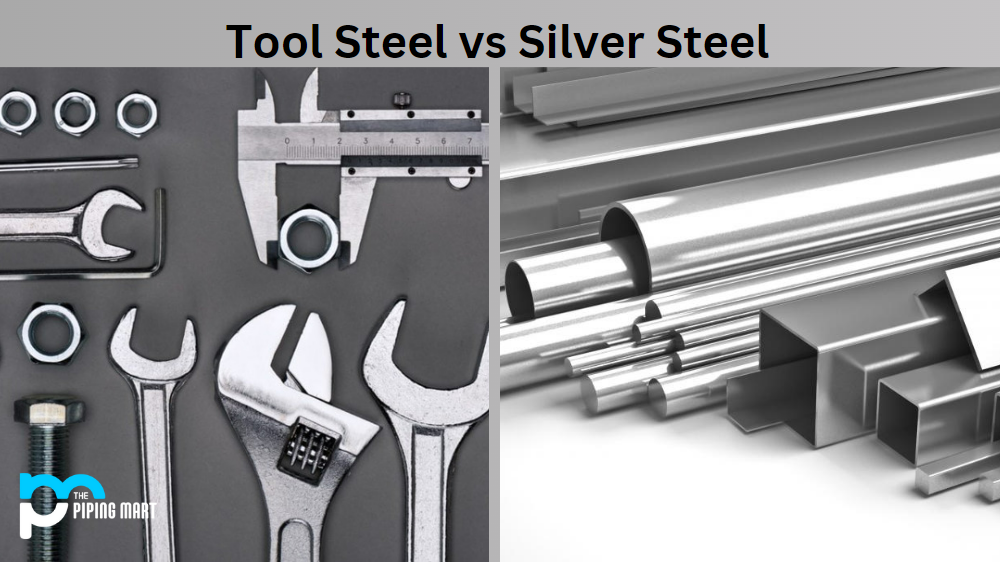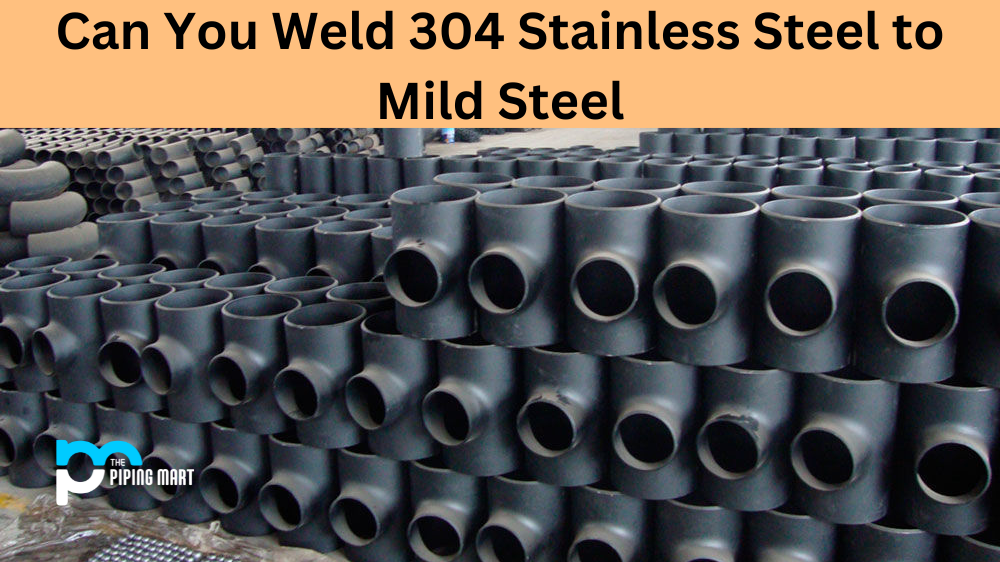When it comes to steel, there are a number of options to choose from. Two popular varieties are tool steel and silver steel. Both have unique properties, strengths, and weaknesses that make them suitable for different applications. Knowing the differences between the two can help you make an informed decision when selecting the right material for your project.
Tool Steel
Tool steel is a steel alloy with a high amount of carbon and other elements such as molybdenum, chromium, vanadium, tungsten, and cobalt. The primary purpose of tool steel is to be used in tools or machining processes. It is known for its hardness and durability. It is also heat-resistant, which makes it ideal for use in manufacturing processes that involve high temperatures, such as forging or casting. Tool steel can also retain its sharp edge even after extended use, which makes it highly sought after in industries such as automotive manufacturing and construction, where precision is key.
Silver Steel
Silver steel is another type of steel alloy made with a low amount of carbon but containing higher levels of chromium than tool steel. This combination gives silver steel its signature ‘silver’ colour and makes it more corrosion-resistant than other types of steel. Silver steel is often used in applications where corrosion resistance is essential such as medical equipment or instruments in corrosive environments like marine vessels or offshore oil rigs. Silver steel has excellent ductility, which means it can be easily formed into various shapes without losing strength or integrity, making it ideal for intricate parts like springs or wire forms.
Differences Between Tool Steel and Silver Steel
There are several key differences between tool steel and silver steel:
- Tool steel is typically harder than silver steel.
- Tool steel has a higher resistance to wear and tear, as well as to heat.
- Silver steel is usually easier to work with than tool steel.
Applications for Tool Steel and Silver Steel
Tool steel is commonly used in the construction of cutting tools, such as saw blades and drill bits. It is also often used in the manufacture of moulds and dies. Silver steel, on the other hand, is often used in the production of bearings and other precision components.
Costs of Tool Steel and Silver Steel
Tool steel is generally more expensive than silver steel. This is due to the fact that tool steel is harder and more durable than silver steel.
Conclusion:
When deciding between tool steel and silver steel for your project, consider the primary purpose for which you need the material, along with any special requirements that must be met by the product being produced (such as corrosion resistance). If you are looking for a strong material capable of withstanding high temperatures during manufacturing processes, then tool steel would be an ideal choice. At the same time, silver steel may be better suited if corrosion resistance is your primary concern. Regardless of your specific application needs, understanding the differences between these two sheets of steel will help you make an informed decision when choosing the right material for your project.

Abhishek is a seasoned blogger and industry expert, sharing his insights and knowledge on various topics. With his research, Abhishek offers valuable insights and tips for professionals and enthusiasts. Follow him for expert advice on the latest trends and developments in the metal industry.




